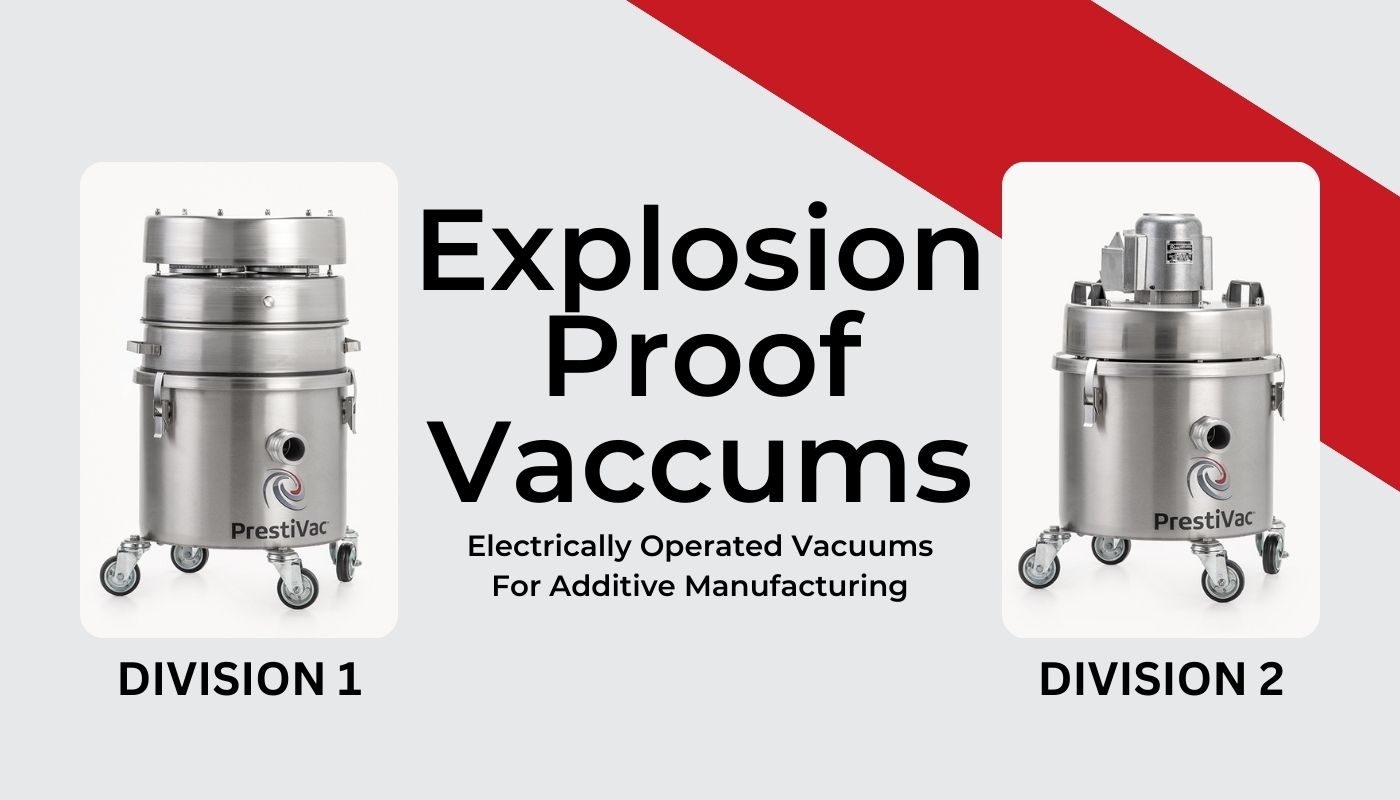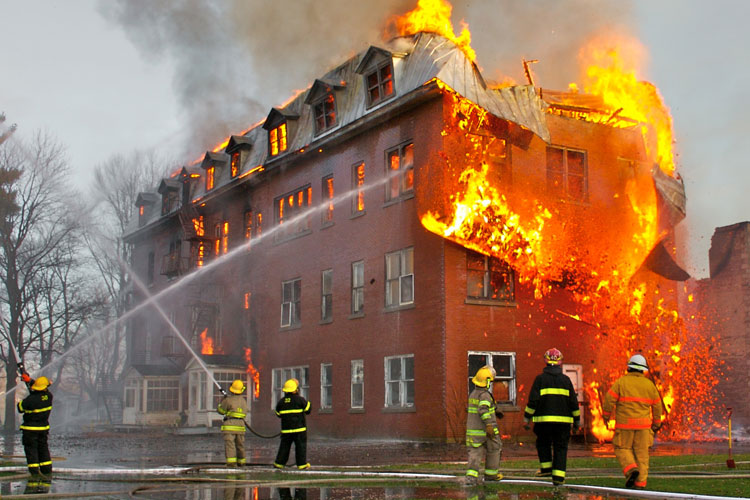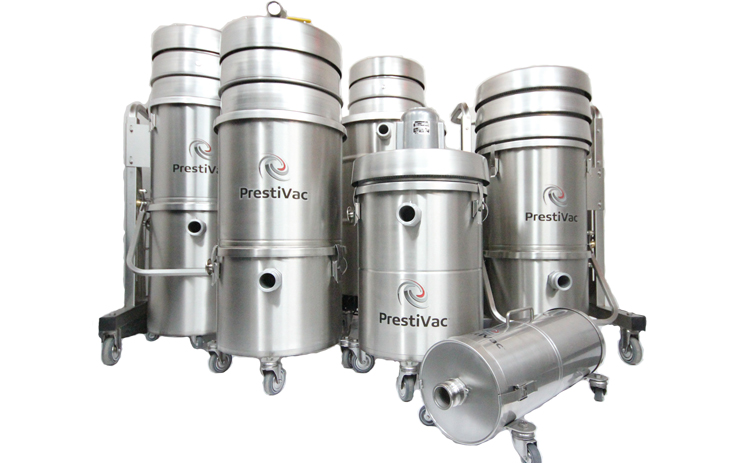Pharmaceutical plants take all the necessary steps to keep their facilities up to ISO standards. This includes controlling the hazards linked with flammable solvents, preventing cross-contamination and ensuring worker safety.
However, another question arises, are you downplaying the dangers of combustible dust?
If your pharmaceutical facility deals with solid dosage drugs, chances are that your plant has a variety of bulk powders. These powders can be combustible, and if allowed to build up, they can cause a fire or a serious explosion. For example, cellulose is classified by OSHA as a strong explosion risk.
Drug manufacturers are not the only ones at risk. Companies that supply the pharmaceutical industry are also at risk. For instance, the West Pharmaceutical Service plant explosion of 2003 that killed 6 was caused by fine plastic powder used to make medical products. The dust was allowed to build upon light fixtures, overhead beams, and ceiling tiles.
Dust Testing and Hazard Analysis
A pharmaceutical plant can have dust in many areas of operation such as pouring, conveying, mixing etc. These places are prone to sparking, which is the number one cause of ignition.
Have the dust in your facility tested to find out whether it is an explosion risk or not.
Dust testing must be done by a qualified laboratory and this is a set requirement under the NFPA 652.
Housekeeping Measures
Combustible dust is present in pharmaceutical plants but fire and explosion incidents are 100% preventable. The only thing you can do is to not allow the dust to accumulate to dangerous levels.
Section 8.4 of NFPA 652 has the housekeeping steps that you need to take and using a vacuum cleaner is at the top of that list.
Because electrostatic discharge is the top source of ignition in pharmaceutical plants, make sure that all equipment is grounded and bonded and all the accessories are static dissipative or conductive.
The vacuums for use in pharmaceutical environments must also meet the safety standards for the products to be pure and effective.
More than 100 people have lost their lives due to dust explosions at pharmaceutical plants. Do not overlook this risk, award it the seriousness that it deserves.
Contact us to know how we can keep your pharmaceutical plant safe from combustible dust.












